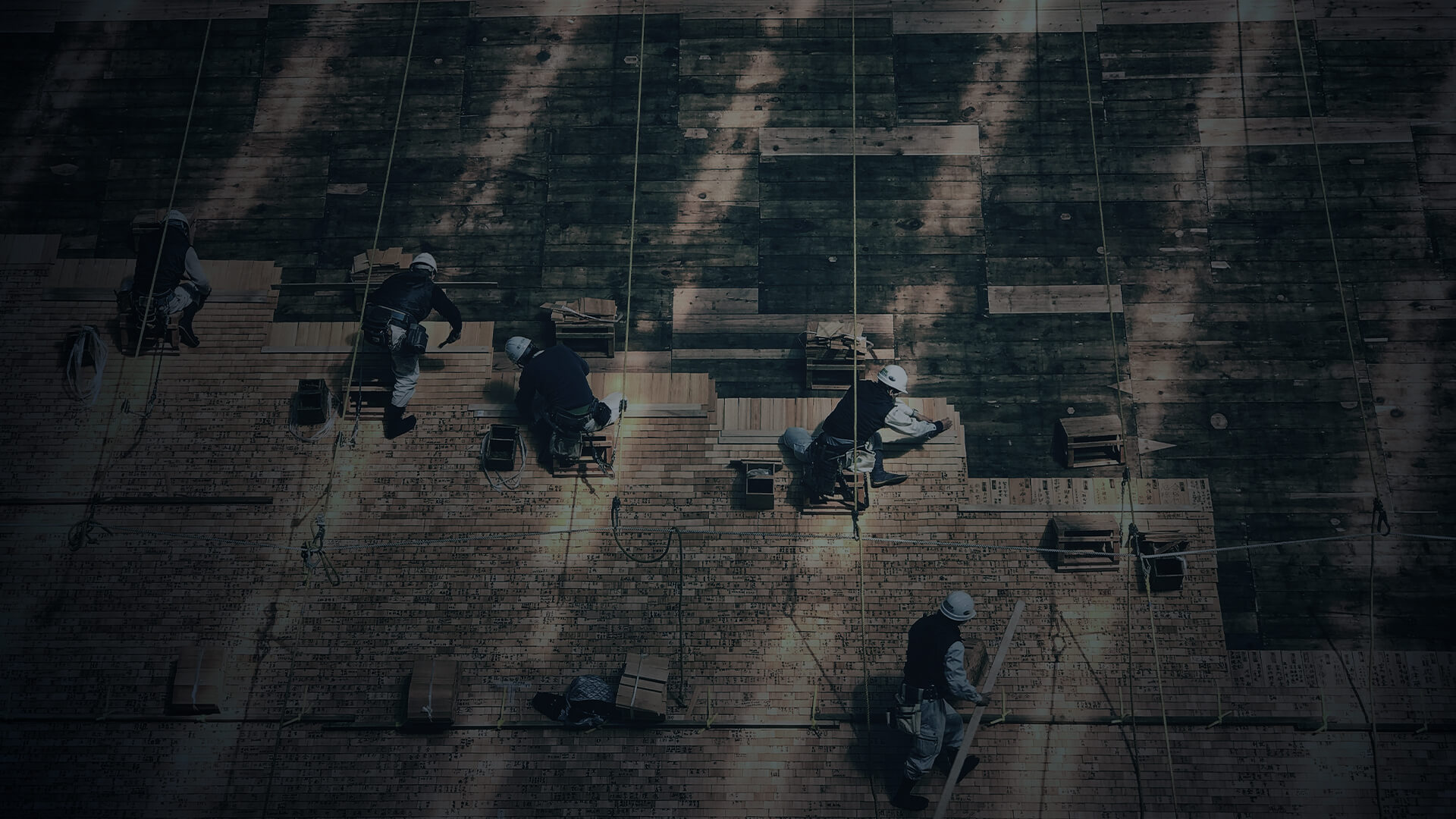At Illinois Workers’ Comp Lawyers, we recognize that navigating the workers’ compensation process can be daunting, especially when you’re recovering from a workplace injury. One of the most common concerns is: How long does a workers’ compensation claim take in Illinois?
The duration of a claim can vary based on several factors, including the nature of the injury, the responsiveness of the parties involved, and the complexity of the case. Below, our experienced attorneys put together a general overview to help you understand the typical timeline and what to expect during each phase.
Immediate Steps To Take After the Injury
Illinois law mandates that you report your workplace injury to your employer within 45 days of the incident. Timely reporting is crucial, as delays can jeopardize your eligibility for benefits. While you have up to 45 days, it’s advisable to notify your employer as soon as possible to expedite the claims process.
It is also important to seek a prompt medical evaluation. This not only ensures your well-being but also provides essential documentation for your claim. Make sure that the healthcare provider records that the injury is work-related, as this will be pivotal in substantiating your claim.
Filing the Claim in Illinois
To initiate the formal claims process, you must file an Application for Adjustment of Claim with the Illinois Workers’ Compensation Commission (IWCC). This should be done within three years from the date of the injury or within two years of the last payment of compensation, whichever is later. Filing promptly helps preserve your rights and can expedite the resolution process.
Upon receiving your injury report, your employer is obligated to file an accident report with the IWCC, typically within 30 days. They must also inform their workers’ compensation insurance carrier, which will commence an investigation to determine the validity of your claim.
Claim Evaluation and Benefit Disbursement in Illinois
The insurance company will review medical records, accident reports, and other pertinent information to decide on your claim. In Illinois, if the injury results in more than three days of missed work, the employer (or their insurer) must begin payments or provide a written explanation for any delays within 14 days of notice.
If benefits are approved, you will start receiving Temporary Total Disability (TTD) benefits, covering two-thirds of your average weekly wage, subject to state-imposed limits. These benefits continue until you can return to work or reach Maximum Medical Improvement (MMI). The average duration for TTD benefits in Illinois is approximately 18.8 weeks, though this can vary based on the injury’s severity.
Reaching Maximum Medical Improvement (MMI)
MMI signifies the point at which your condition has stabilized, and no significant improvement is expected. Your physician will evaluate your progress to determine if you’ve reached MMI.
Once MMI is achieved, an assessment will determine if there’s any permanent impairment. Depending on the findings, you may be eligible for Permanent Partial Disability (PPD) or Permanent Total Disability (PTD) benefits. The determination and negotiation of these benefits can extend the timeline of your claim.
Settlement Negotiations or Hearings in Illinois
Many workers’ compensation claims in Illinois are resolved through settlements between the injured worker and the insurance company. The duration of settlement negotiations can vary, ranging from a few months to over a year, depending on the case’s complexity and the parties’ willingness to agree.
If a settlement isn’t reached, the case may proceed to a hearing before an IWCC arbitrator. The arbitrator’s decision can be appealed, potentially extending the resolution timeline. According to IWCC data, arbitrators issue decisions in approximately 3,000 to 4,000 cases annually, with further appeals handled by commissioners and, in some instances, higher courts.
Factors Influencing the Duration of a Claim
Several elements may affect the length of a workers’ compensation claim in Illinois:
- Severity of Injury: More severe injuries may require prolonged medical treatment, extending the claim process.
- Medical Treatment Duration: Ongoing treatments or surgeries can delay reaching MMI.
- Disputes: Challenges regarding the injury’s cause, necessary treatments, or benefit amounts can lead to prolonged negotiations or hearings.
- Legal Representation: Having experienced legal counsel can facilitate smoother negotiations and potentially expedite the process.
Contact Illinois Workers’ Comp Lawyers Today
If you’ve sustained a workplace injury and are navigating the workers’ compensation process, timely action and informed decisions are crucial. Our experienced attorneys are here to provide the support and representation you need.
Contact us today to schedule a consultation and take the first step toward securing your rightful benefits.







